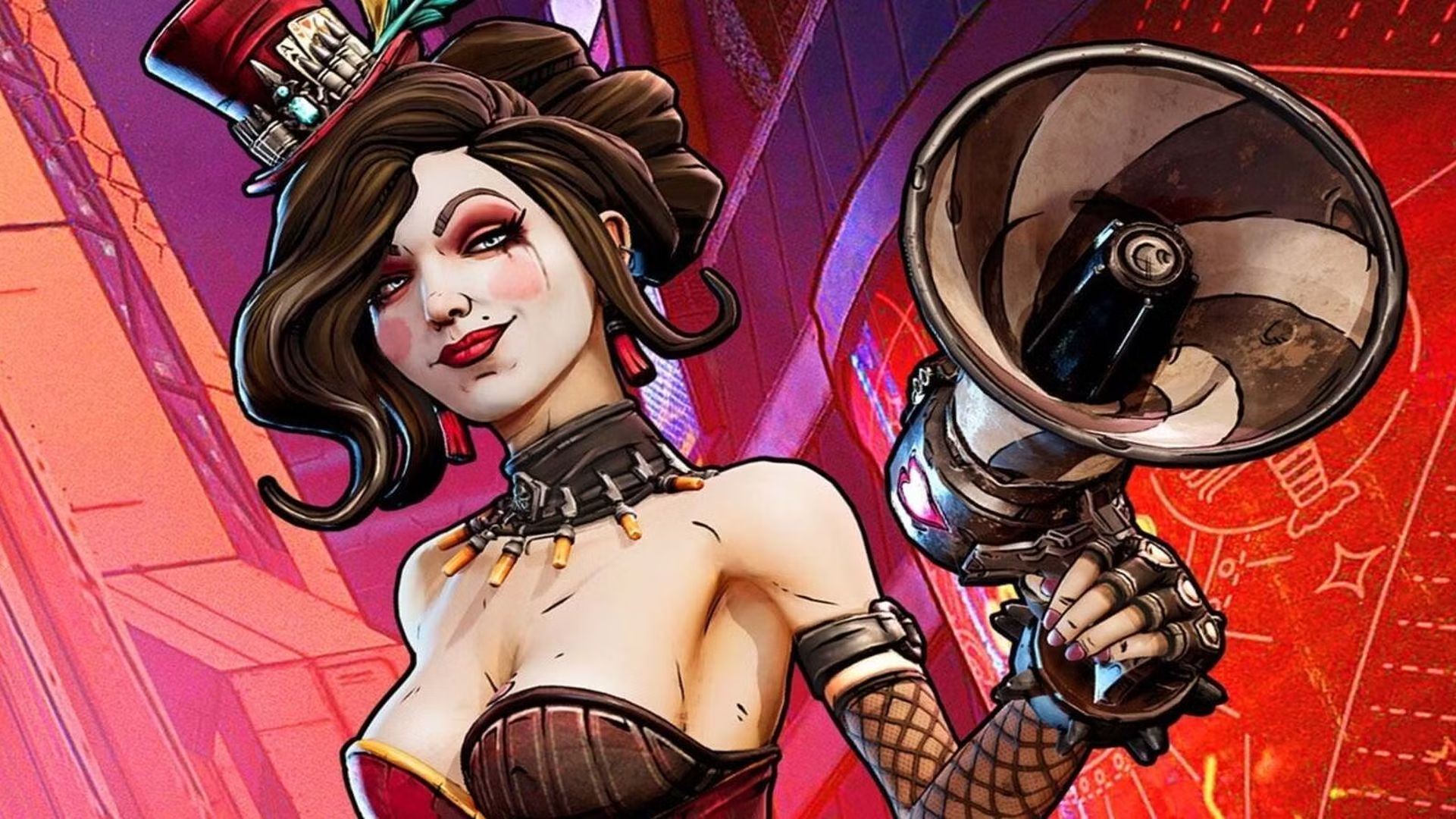Seemingly in hopes of finally settling the protracted brawl over his suggestion that a “real fan” would find a way to pay $80 for Borderlands 4 if it does end up hitting that price point, Gearbox CEO Randy Pitchford posted a veritable diatribe explaining what he was “trying” to say, the “shitty look” his post created, and his thoughts on rising game prices.
Ironically, this all started with another, comparably lengthy tweet about how Twitter interactions can spiral out of control on a platform that actively encourages outrage. “I mean, thanks for playing my games and thanks for the engagement and all that but, boy howdy, some of you really need to find some perspective and chill the f out,” Pitchford said.
This naturally chummed the waters for still-disgruntled fans. One user replied: “I saw something crazy too. A CEO of Gearbox Software made players feel bad and alienated them for not wanting to pay $80 for his game. This platform IS wild.”
It was at this point, I can only assume, that Pitchford cracked his knuckles and got writing, because his response, some 557 words according to my Word document, is significantly more in-depth than his previous apologies over this whole spat.
I’m not going to repost the entire thing here, but a few key points stand out. Pitchford begins with a defense of his intent with the $80 comments.
“I am sorry there was a misunderstanding,” he says. “The absolute sincere truth is that I don’t want anyone to pay any more than they should or are comfortable with and I always work with the intent and hope that a customer always feels they got the better end of the deal no matter what they pay.”
Pitchford claims “what I was trying to do” in his pricing discussion was explain that “it wasn’t my call” how much Borderlands 4 costs, but “if a $10 price increase does happen” then “it will be okay [and] Borderlands 4 will be okay because it’s a great game and there are a lot of fans who will see the value and want it.”
The “real fans” comment was him “trying to shorthand” that, Pitchford insists, and “it got inflated as if I was making some big statement.” Pitchford says it was just a passing remark, but he saw how some people interpreted it as him “taking the audience for granted,” which he agrees is “a super shitty look, but it was not at all my intent and does not reflect at all how I feel.”
Whatever Pitchford’s alleged intent, let the record show that this was not at all an unfair interpretation. Players weren’t the only ones to react to his comments this way; Baldur’s Gate 3 dev Michael Douse called the “true fan” comment “gross” because it suggests that buying a game is more important than “making it day to day.”
Keeping the posting pedal pressed to the floor and moving onto the topic of $80 games in general, Pitchford says “I don’t want prices to go up because I want everyone to have access to what we create. I get that business is a thing and that the market and economy are driving prices up and sooner or later we’re going to have to all adapt to that so that the creative engine can make at least as much as it spends to provide us with amazing content.”

Let’s pause to interrogate the implied inevitability of $80 games. Nintendo, famous for holding onto high price points with a white-knuckled grip, started all this with the argument that Mario Kart World justifies $80 because it’s just so dang rich, and Xbox has kept it going. There is some logic to the claim that rising production costs will beget rising game prices, but this argument wrongly assumes that those production costs are unavoidable, that games have to be this big and beautiful and expensive, and that most players will accept that price point when so many other games magically aren’t $80.
As Clair Obscur: Expedition 33’s publisher put it, GTA 6 and Rockstar can make AAA budgets and team sizes work, but “there’s been a lot of irresponsible practices in the industry” from others who can’t. Or, per ex PlayStation boss Shuhei Yoshida, sensibly scoped games with “tighter teams” remain one path forward.
Anyway, when you’re already 400 words into your tweet, I guess you may as well dig up industry-wide public relations bugbears and just get every last post out of your system. Pitchford says “I recommend you consider the people who create entertainment you enjoy are actual, real people who sincerely are working to try to make cool stuff,” and “I have made the choice to be accessible on here” to hopefully “try to help those that don’t get it to gain some perspective and some dignity in how they choose to interact.”
A noble goal, perhaps, but I remain convinced that the solution to all of this painfully avoidable controversy is to post less.

